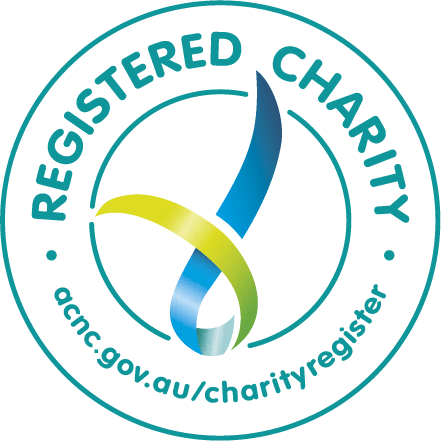Domestic and family violence (DFV) doesn’t start in adulthood. Its roots often begin much earlier - in the playgrounds, classrooms, households, and peer groups where harmful attitudes and behaviours can first take hold.
Let’s take a look at the reality:
An estimated 8 million Australians (41%) have experienced physical and/or sexual violence since the age of 15 (ABS).
1 in 4 women and 1 in 8 men have experienced violence by an intimate partner or family member (ABS).
Alarmingly, 40% of 16–17-year-olds have experienced sexual harassment in a place of study (Our Watch).
These numbers aren’t just statistics. They represent real lives and they tell us something important: prevention needs to start earlier.
Why early intervention matters
Domestic and family violence prevention isn’t just the responsibility of adults, professionals or people in power. It starts with the conversations we have and the culture we create - long before disrespect becomes abuse.
By educating young people, we can:
build their understanding of what healthy and unhealthy relationships look like
equip them to spot the warning signs of abuse and control - in their own relationships or among friends
teach them how to safely support peers who may be experiencing violence
challenge harmful gender stereotypes, power imbalances and rigid norms that often fuel DFV.
In short, early intervention helps tackle the root causes of abuse, not just the symptoms.
How Challenge DV is making change in schools
At Challenge DV, we believe every young person has the right to feel safe, respected, and empowered - and that education is one of the most powerful tools we have to prevent violence before it starts.
That’s why we work with schools and educators to deliver tailored, evidence-based programs that:
promote respectful relationships
foster understanding of identity, consent and boundaries
help young people develop the confidence and language to speak up
embed values of safety, equality and inclusion into the everyday fabric of school life.
Our programs don’t just focus on what not to do. They build positive behaviours, model empathy and accountability, and open up space for real conversations.
We also bring these values into the community through initiatives like Why We Run, which connects young people to stories of resilience, allyship and hope - and shows them that they, too, have a role to play in shaping a violence-free future.
The ripple effect of youth education
When we meet young people where they are - in the environments they trust - we create space for honest, age-appropriate conversations that:
bring domestic and family violence out of the darkness
give young people the skills and insight to navigate complex situations
empower them to be bystanders, supporters and leaders in the push for change.
It’s not just prevention. It’s long-term impact that can reshape communities for generations to come.
Need support or want to learn more?
Whether you’re a young person needing support, a parent, or an educator looking to start the conversation, these services are here to help:
Together, we can raise a generation that doesn’t just reject violence but actively works to prevent it.



